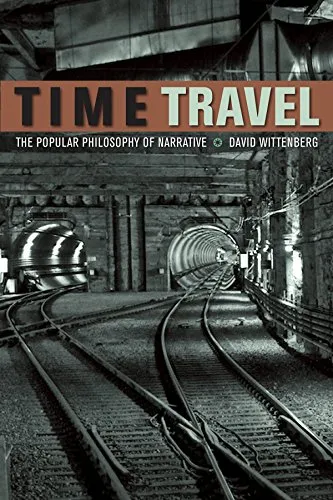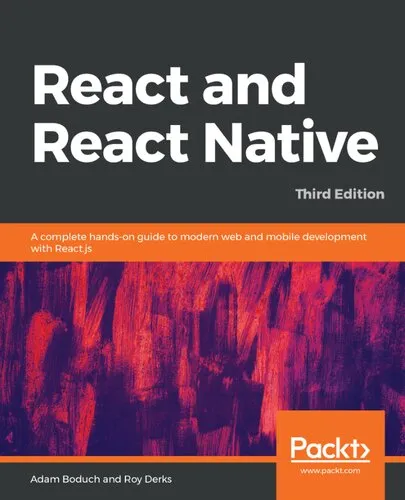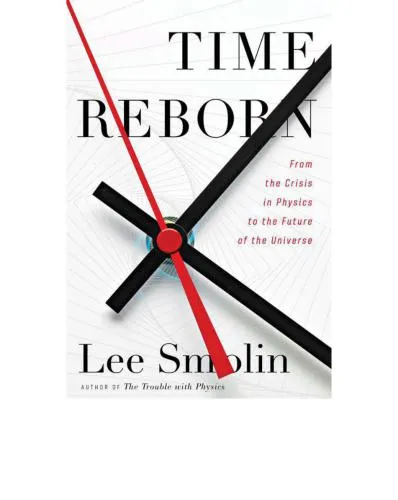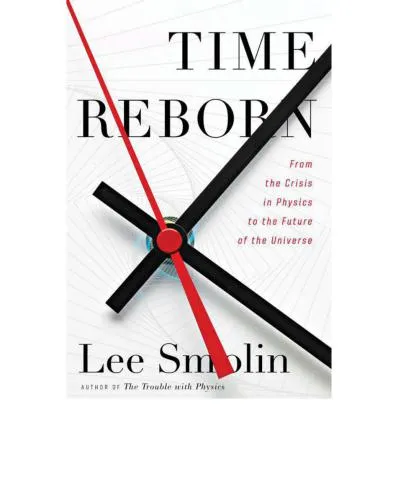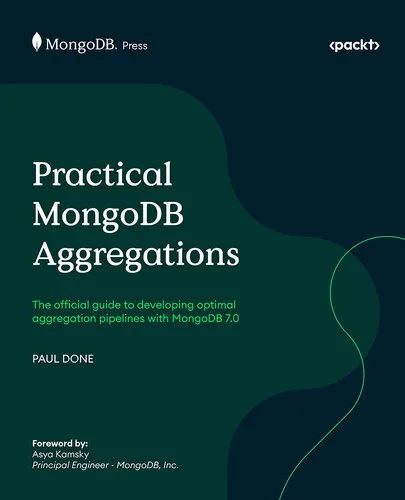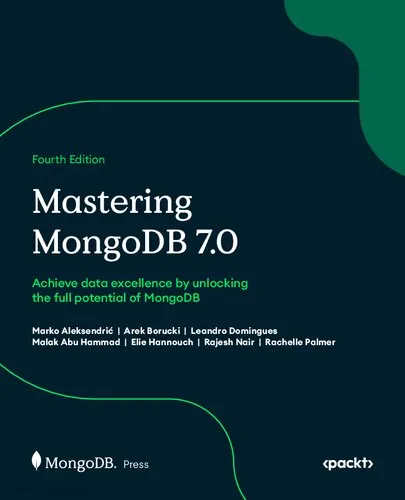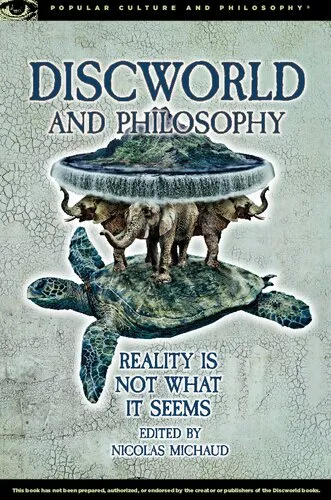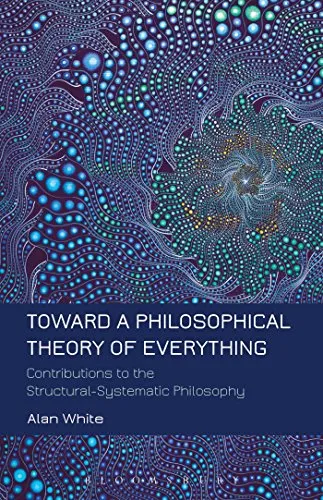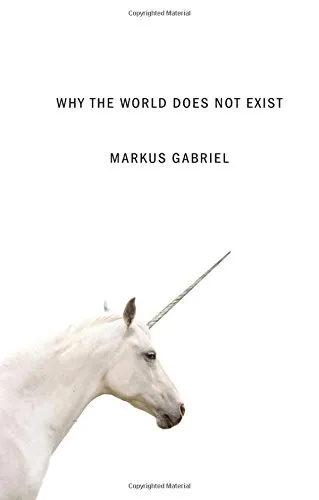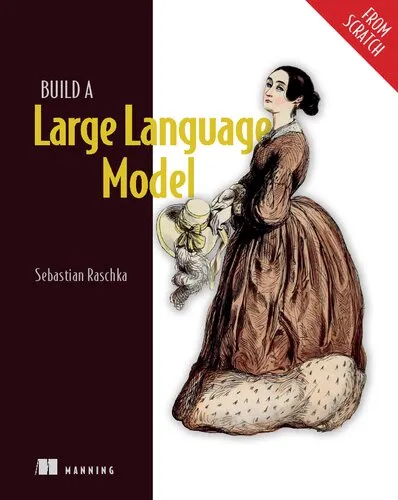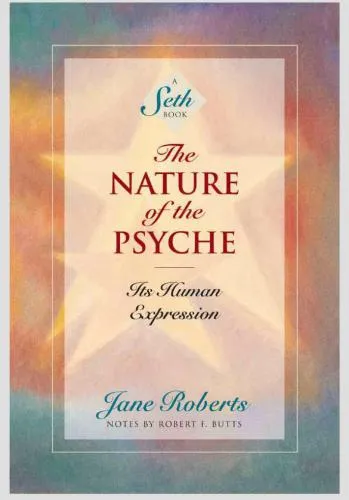Time Travel: The Popular Philosophy of Narrative
4.0
Reviews from our users

You Can Ask your questions from this book's AI after Login
Each download or ask from book AI costs 2 points. To earn more free points, please visit the Points Guide Page and complete some valuable actions.Related Refrences:
Introduction to "Time Travel: The Popular Philosophy of Narrative"
"Time Travel: The Popular Philosophy of Narrative" by David Wittenberg delves into the evocative concept of time travel as a multifaceted narrative device. This book interweaves philosophy, literary analysis, and popular culture to explore how time travel serves as a metaphorical framework for understanding narrative structures, human consciousness, and the very essence of storytelling itself. An exploration of time travel narratives permits readers to examine and challenge conventional perceptions of time, causality, and individual agency.
Detailed Summary of the Book
At its heart, "Time Travel: The Popular Philosophy of Narrative" is an investigation into the narrative complexities introduced by time travel as a theme in literature and film. The book systematically examines the ways in which time travel is used to manipulate and interrogate standard temporal constructs, enhancing our comprehension of narrative strategies and their implications. The initial chapters outline the evolution of time travel scenarios from early literary classics to contemporary blockbusters, highlighting how each era's socio-cultural context shaped its portrayal of time travel.
Wittenberg employs an interdisciplinary approach, blending theories from philosophy, psychoanalysis, and cultural studies to dissect the temporal paradoxes inherent in time travel narratives. He considers time travel stories as more than just science fiction, positioning them as philosophical explorations of chance, destiny, and moral responsibility. By doing so, Wittenberg taps into the profound philosophical questions posed by time travel: What does it mean to relive or alter events? How is identity fashioned or refashioned through different pasts and potential futures?
As the book progresses, Wittenberg discusses specific examples from popular media, dissecting how time travel functions as a tool to resolve, complicate, or entirely subvert traditional narrative patterns. Engaging with works ranging from "H.G. Wells' The Time Machine" to "Doctor Who" and "Back to the Future," Wittenberg illustrates the universal appeal of time travel and its capacity to transform narrative perceptions and expectations.
Key Takeaways
- Time travel is a potent narrative device that transcends mere plot complexity to probe deeper existential questions.
- The interplay between time travel and narrative highlights the complexities of narrative causality and authorship.
- Time travel stories enable a critique of linear time and traditional historiography, offering alternative visions of temporality.
- By examining time travel narratives, readers gain insights into the human experience and the powers and limits of storytelling.
Famous Quotes from the Book
"In the labyrinth of time, narrative emerges as both a guide and a traveler, charting the hidden paths of temporal existence."
"Time travel transcends its speculative roots to become a profound inquiry into the paradoxes and possibilities of human consciousness."
Why This Book Matters
David Wittenberg's "Time Travel: The Popular Philosophy of Narrative" is a significant contribution to the study of narrative theory and philosophy. It provides an essential framework for understanding how time travel, as a narrative device, impacts cultural narratives and our comprehension of time. In a world increasingly fascinated by the manipulation and understanding of time, Wittenberg's work is a timely exploration of how fictional constructs influence real-world perceptions of temporal reality. This book appeals to a wide array of readers, from literary critics and philosophers to fans of science fiction, making it an essential read for anyone interested in the intersection of time, narrative, and popular culture.
Free Direct Download
You Can Download this book after Login
Accessing books through legal platforms and public libraries not only supports the rights of authors and publishers but also contributes to the sustainability of reading culture. Before downloading, please take a moment to consider these options.
Find this book on other platforms:
WorldCat helps you find books in libraries worldwide.
See ratings, reviews, and discussions on Goodreads.
Find and buy rare or used books on AbeBooks.
1460
بازدید4.0
امتیاز0
نظر98%
رضایتReviews:
4.0
Based on 0 users review
Questions & Answers
Ask questions about this book or help others by answering
No questions yet. Be the first to ask!
